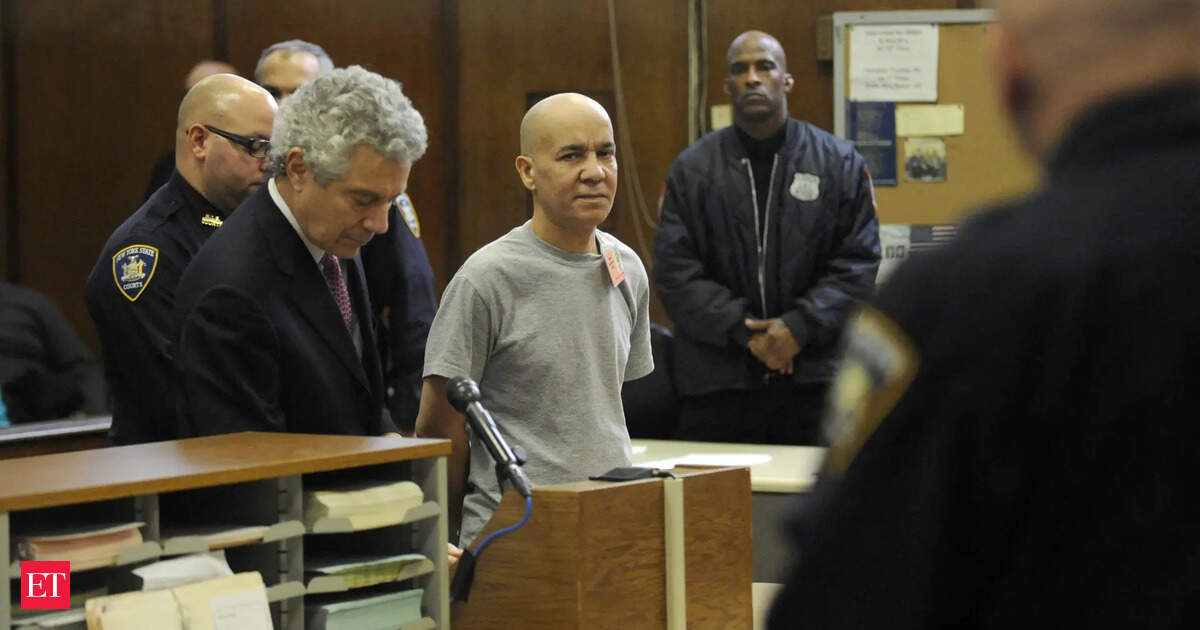Now Reading: Etan Patz Case: Convicted Killer with 70 IQ May Be Freed Over Trial Error
-
01
Etan Patz Case: Convicted Killer with 70 IQ May Be Freed Over Trial Error
Etan Patz Case: Convicted Killer with 70 IQ May Be Freed Over Trial Error

Swift Summary
- A U.S. federal appeals court overturned Pedro Hernandez’s 2017 conviction for the 1979 abduction and murder of 6-year-old Etan Patz.
- The court found that jury instructions given by the trial judge regarding Hernandez’s confession were flawed, prejudicial, and “clearly wrong.”
- Hernandez confessed to police after nearly seven hours of interrogation without being read his Miranda rights, but the confession lacked physical evidence backing it.
- Defense attorneys argued that Hernandez’s low IQ (around 70) and schizotypal personality disorder made him mentally vulnerable to coercion during questioning.
- Etan Patz disappeared while walking alone to his school bus stop in Manhattan in 1979, leading to changes in how missing children’s cases are handled in the U.S.
- Earlier investigations focused on José Ramos, a convicted child molester with ties to the victim’s babysitter; Ramos remained a suspect for decades but was never criminally charged due to insufficient evidence.
- Pedro Hernandez became a suspect decades later after rumors surfaced among family members claiming he had talked about harming a child; prosecutors relied heavily on his confession during two trials despite limited forensic links or motives.
- Unless prosecutors opt for a retrial soon, hernandez may be released from prison after spending nearly ten years behind bars.
Indian Opinion Analysis
This case underscores critical challenges faced by legal systems worldwide when balancing procedural correctness with ensuring justice is served. In overturning Pedro Hernandez’s conviction due to flawed jury instructions and potential coercion tied to mental vulnerability, the appeals court decision highlights basic questions about reliability of confessions obtained under duress.
For India, this serves as an important reminder regarding interrogation protocols in custody settings where individuals with mental health conditions or intellectual disabilities may be at risk of coercion-emphasizing safeguards like proper medical evaluations and adherence to legal rights such as miranda-like protections. It also highlights complexities around convictions based solely on confessions without corroborating physical evidence-a theme relevant amid India’s own ongoing discussions around judicial reforms.
Furthermore, cases like this demonstrate how public emotions surrounding high-profile incidents can influence long-term judicial proceedings. For India as well as globally, legal systems must balance impartial enquiry while avoiding rushed decisions stemming from societal pressure or prolonged uncertainty.Ultimately, this case raises universal ethical questions: Should nations revisit closed convictions if procedural flaws emerge years later? Such principles demand thorough introspection not just within American jurisprudence but globally-India included-as justice hinges not merely on closure but accurate accountability aligning truth and fairness.

























